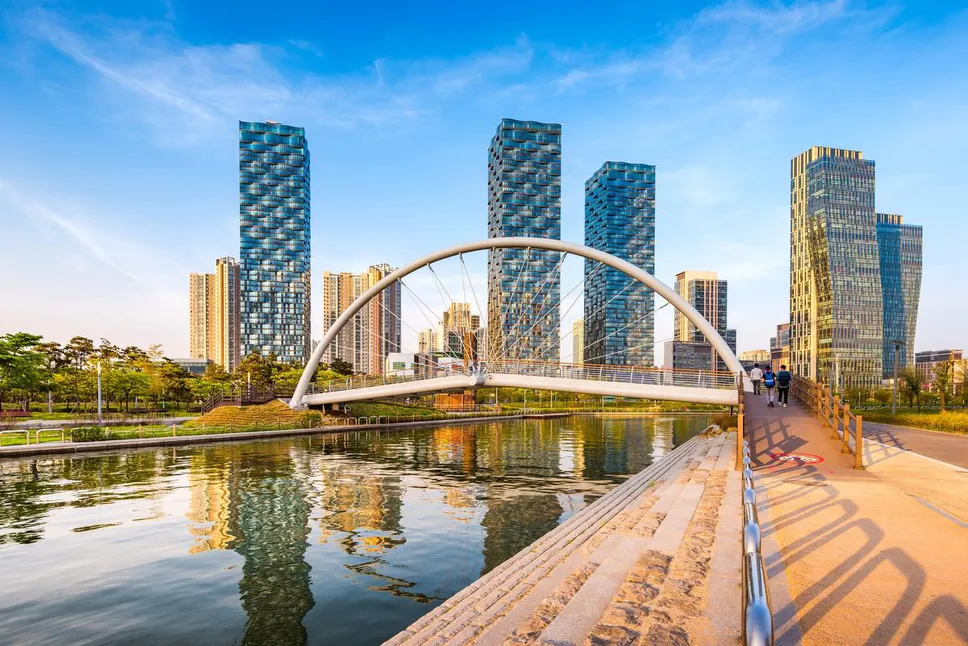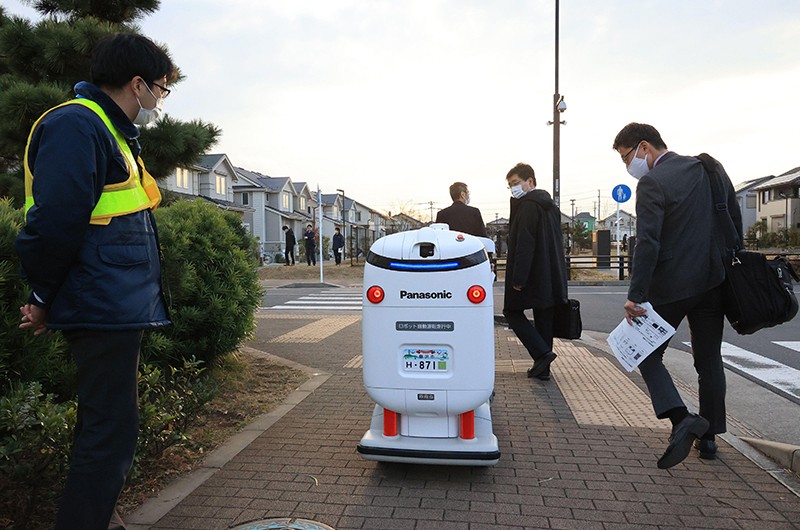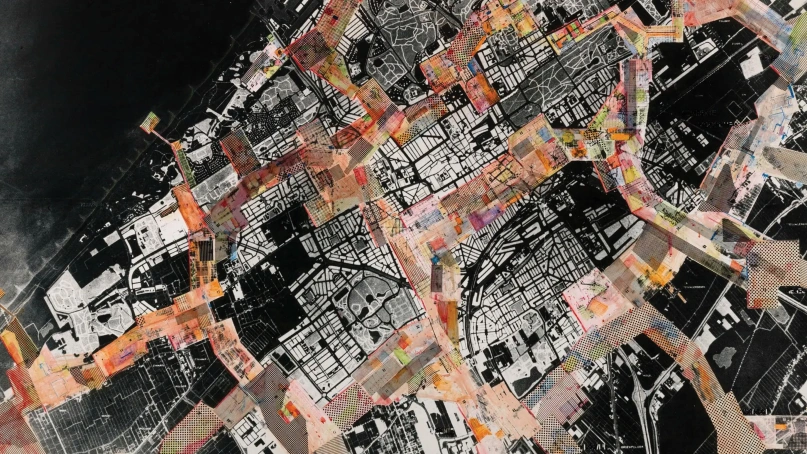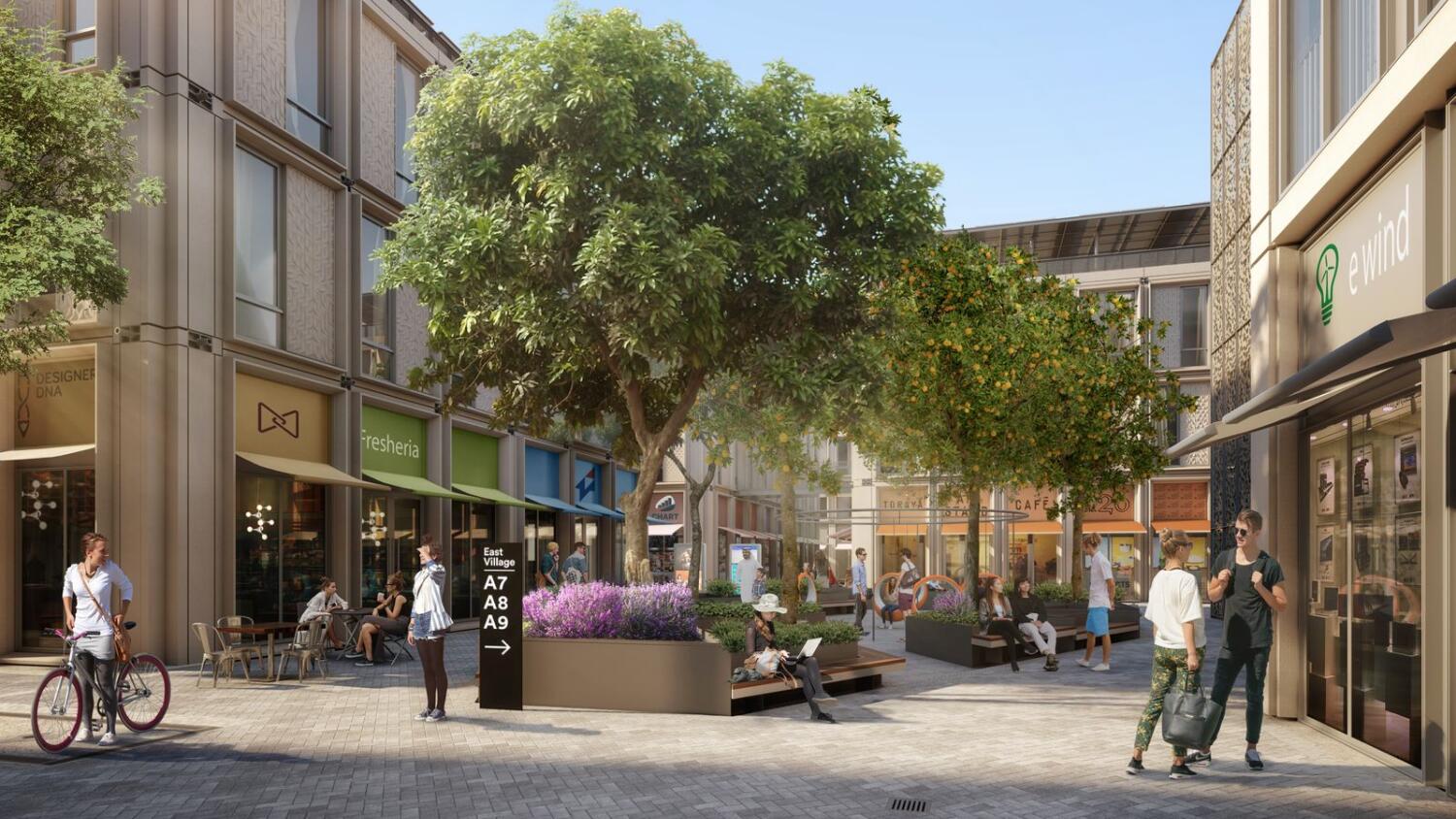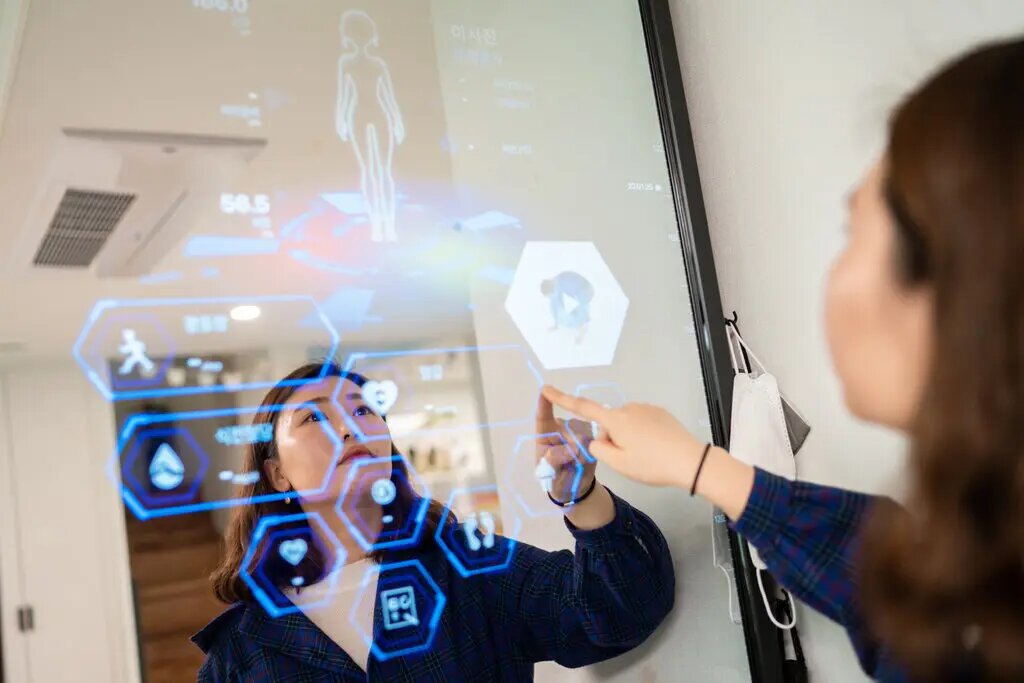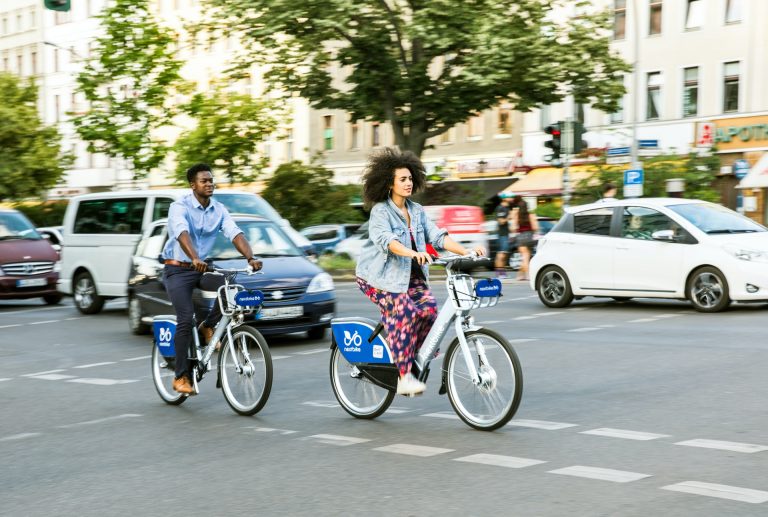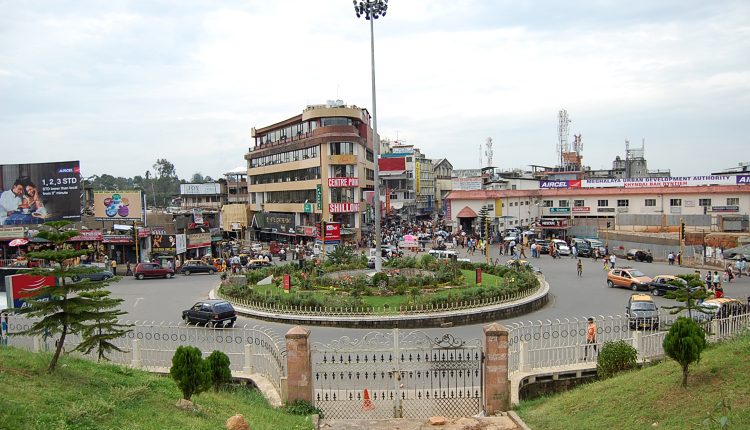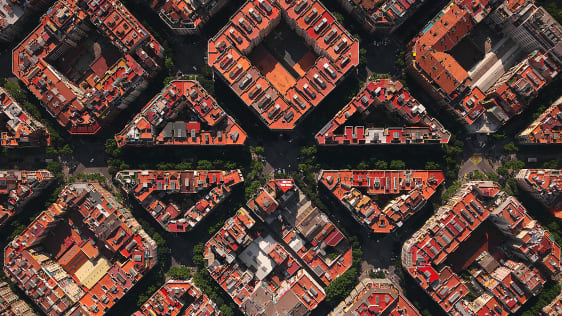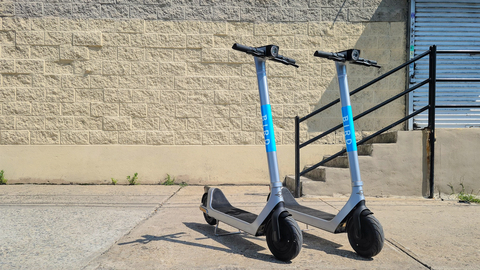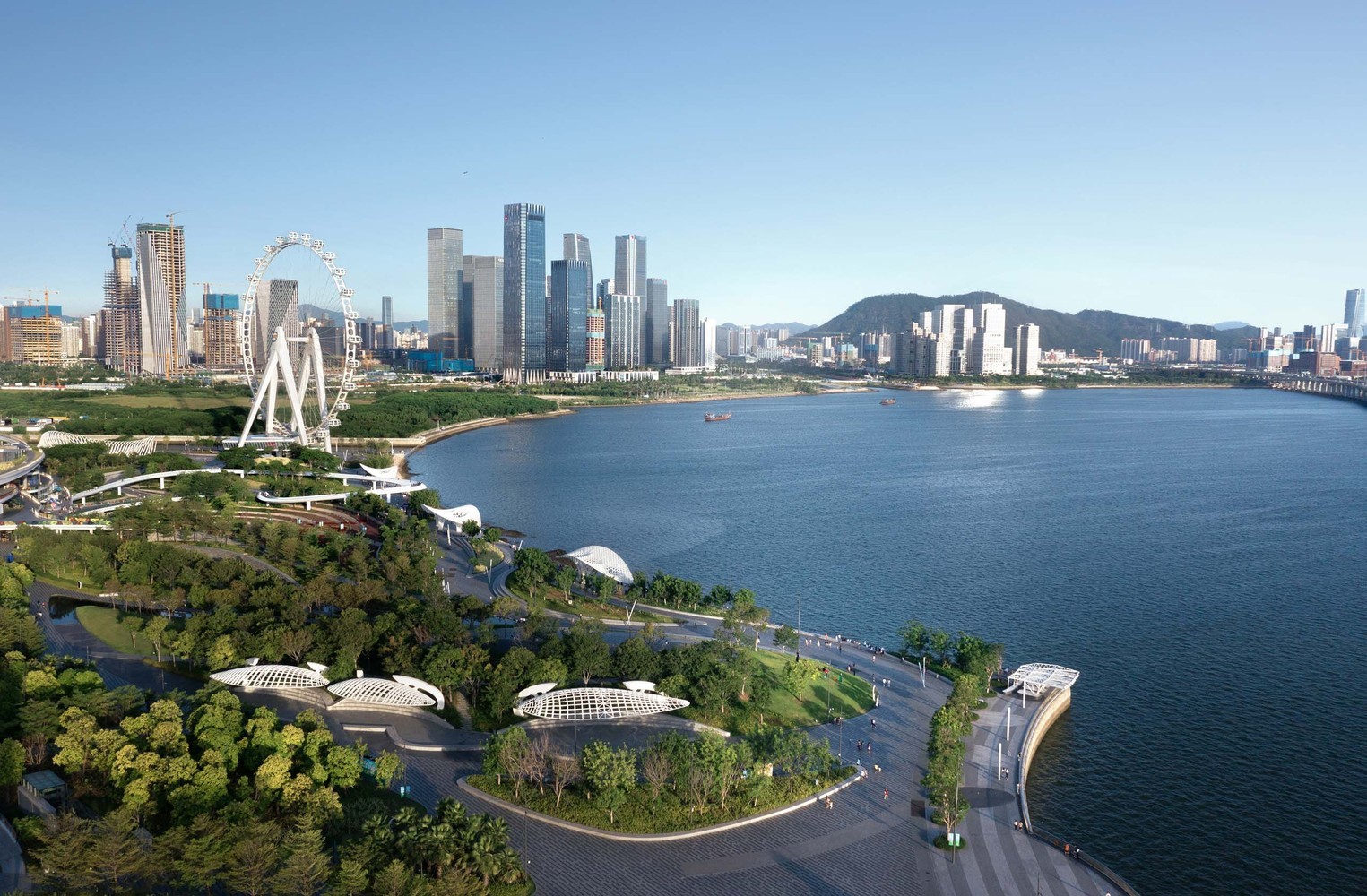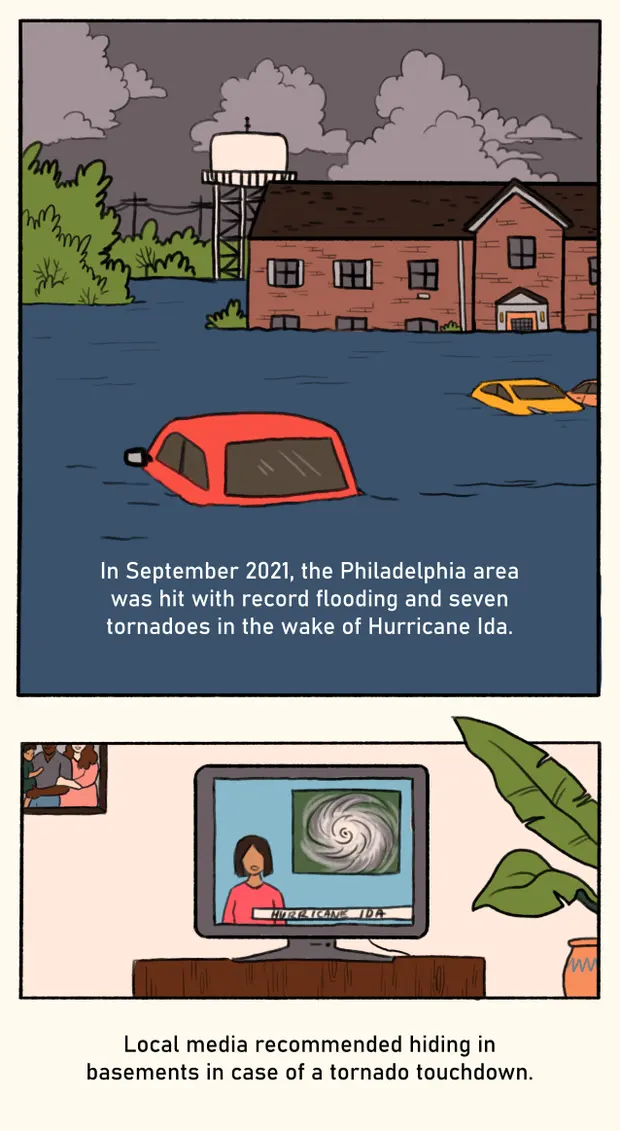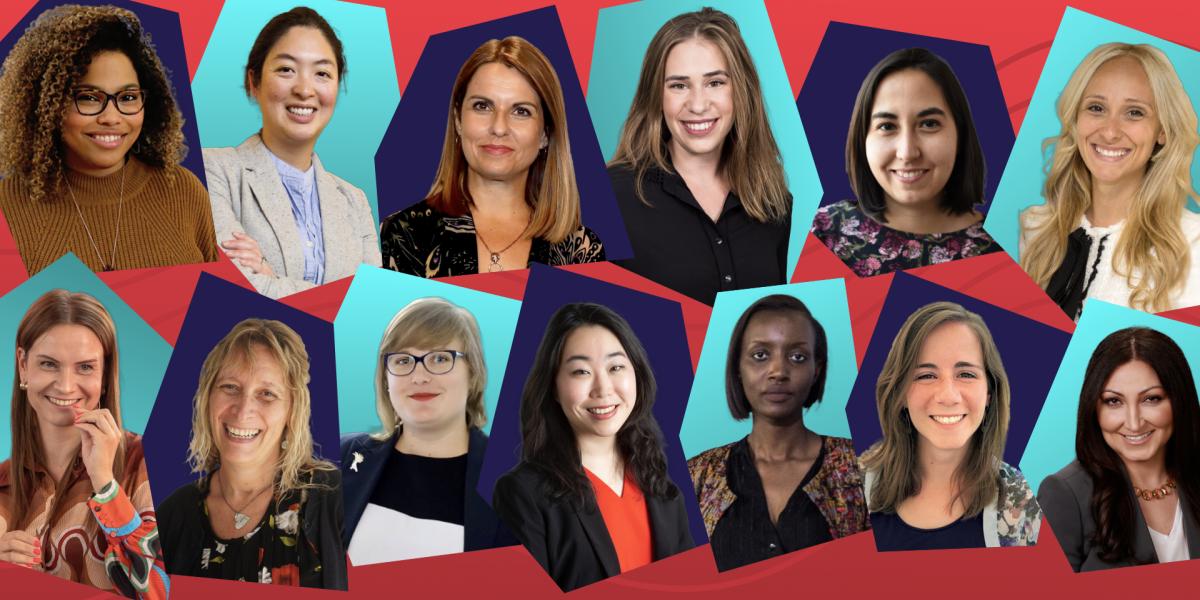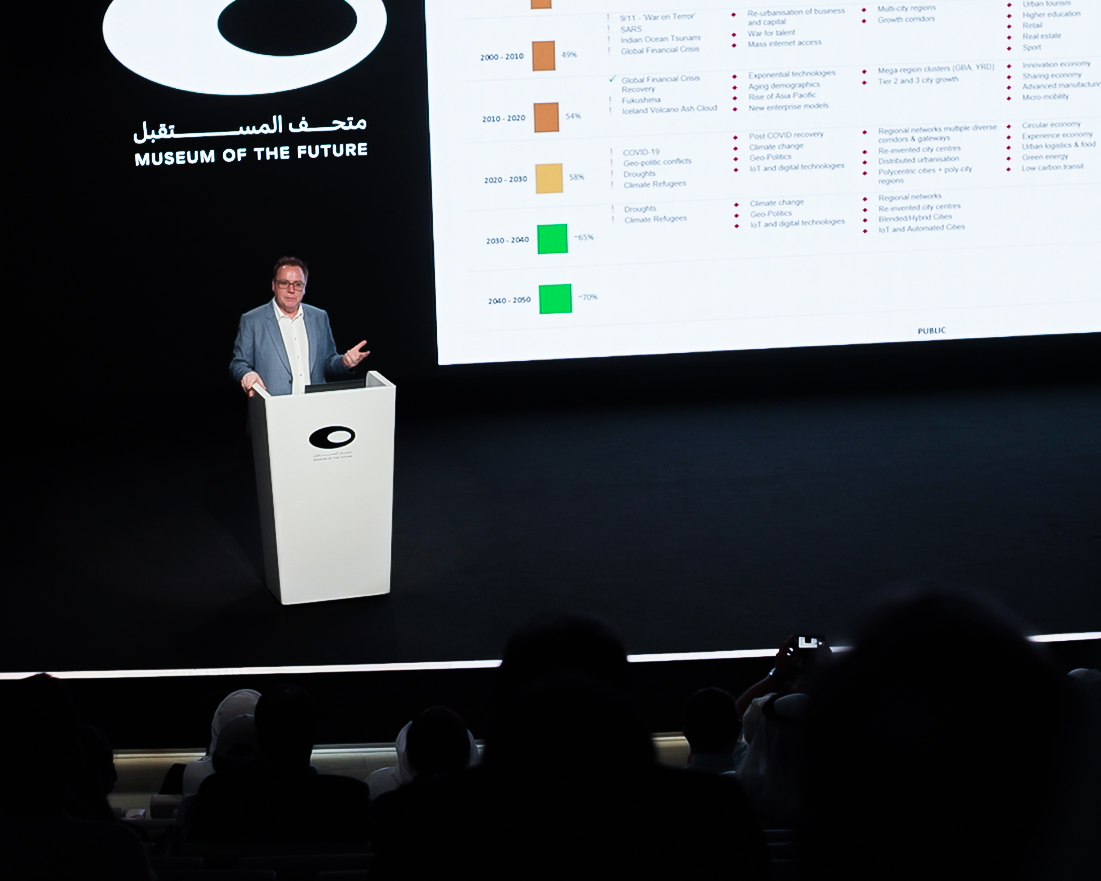
Columbus turned heads in 2016 when it beat out more than 70 other cities to win the challenge. In the years since, it has used the $50 million from the federal government and the Paul G. Allen Family Foundation — in addition to $19 million in cost-sharing from the city, state and county — for a wide variety of initiatives and pilot programs. Those have included autonomous shuttles as well as smart mobility hubs, which feature interactive kiosks, pick-up and drop-off points for ride-hailing vehicles and parking for bikes, scooters and more.
Smart Columbus also has pushed locals to adopt electric vehicles, led the charge on corporate decarbonization through its Smart Columbus Energy nonprofit and looked to educate visitors and residents about the future of the city at its Smart Columbus Experience Center.
Mandy Bishop, Smart Columbus program manager for the city of Columbus, said the city was ideally positioned to take advantage of the USDOT grant funding and put effective initiatives in place.
+INFO: Smart Cities Dive




